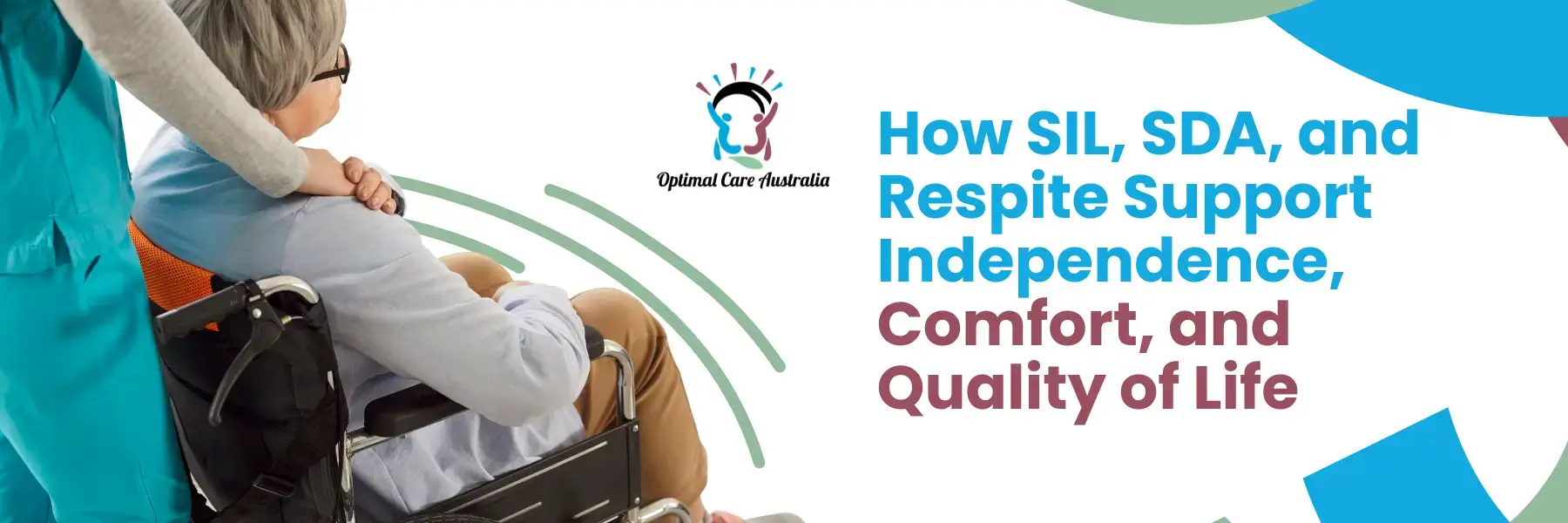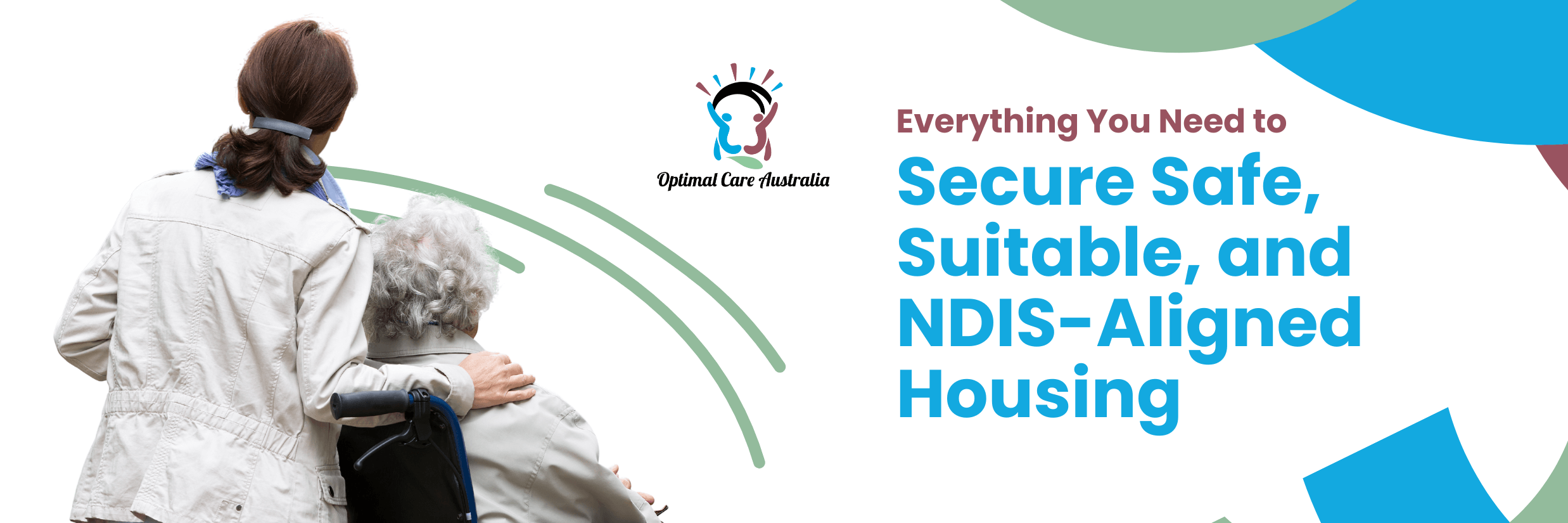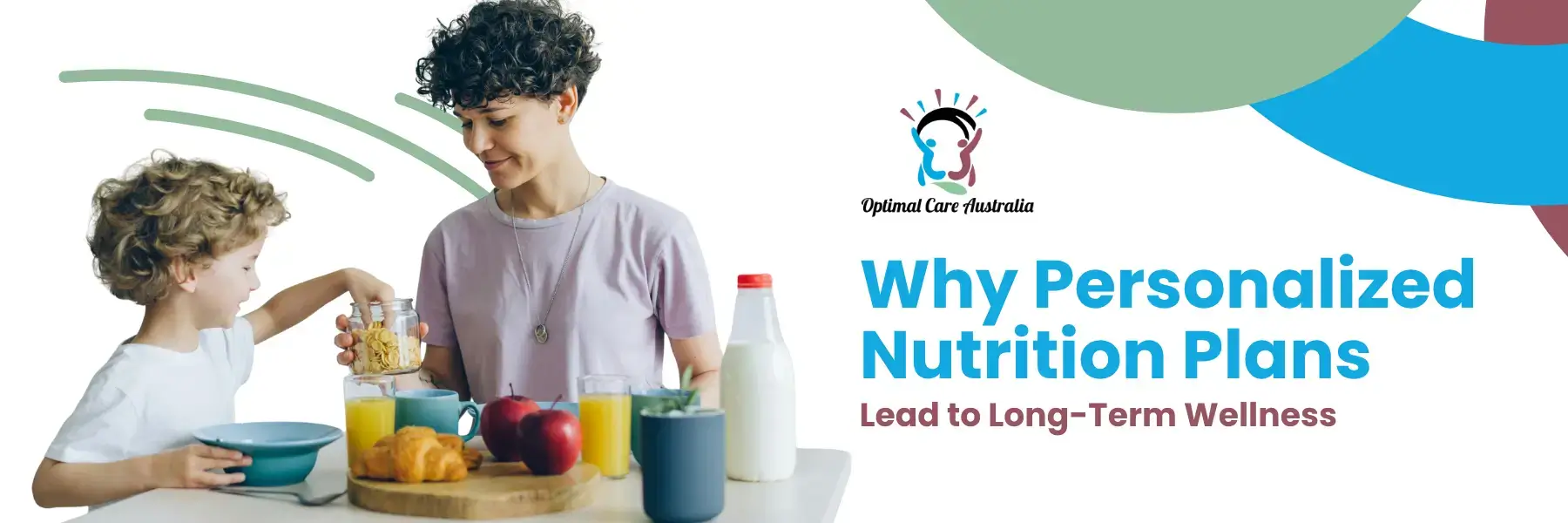It’s already difficult to find cheap short term accommodation in Melbourne. Still, for NDIS participants and carers, one has to look even more carefully to ensure accessibility, comfort, and safety. Waiting for your permanent home to be available, traveling to specialist appointments, or in need of temporary housing. In contrast, your home adjustments are being addressed, Melbourne offers options that fit different needs without breaking your bank.
Here is your step-by-step guide to getting short-term home–like accommodation – without compromise.
What Is Short-Term Accommodation Under the NDIS?
Short-term accommodation (STA) provides a participant with a temporary home, offering a helping hand when their usual home isn’t available, or they need a break in routine and place. STA is paid for by the NDIS as accommodation, personal care, meals, and social activities.
For instance, STA may be accessed when:
- Your informal supports are not available
- You need a break (respite)
- Your home is undergoing modification
- You’re relocating or attending specialist appointments in Melbourne
Types of Short-Term Accommodation in Melbourne
Specialist disability accommodation (SDA) short-term options: Fully accessible apartments with onsite support.
NDIS-registered STA providers: Homes or apartments with staff support included in your booking.
Serviced apartments with support: Some participants choose accessible serviced apartments and arrange external support services.
Temporary relocation accommodation: If your home is under renovation or you’re in permanent housing, these options bridge the gap.
 Getting Affordable Without Sacrifice
Getting Affordable Without Sacrifice
1. Determine Your Needs First
Ask yourself:
- Do I need an accessible bathroom or kitchen facility?
- Do on-site support staff need to be involved, or do my regular carers need to attend?
- Is it close to hospitals or my treatment team?
- Are overnight support workers allowed to stay with me if needed?
Knowing these facts avoids stressful last-minute shocks and helps your NDIS plan be used to the best effect.
2. Consult With Your Support Coordinator
Your NDIS support coordinator or Local Area Coordinator (LAC) can match you up with registered providers that suit you. They understand funding categories and can recommend options that are a good match for your plan goals and budget.
3. Consider Location and Transport Connections
When visiting Melbourne for medical treatment, choose accommodation close to your hospital or clinic. Parkville, Carlton, and North Melbourne are best located near major specialist hospitals and medical centers. If undertaking occasional respite stays or relocations, opt for proximity to public transport to facilitate moving around the city.
4. Go Beyond Hotels
Hotels are costly and rarely include available laundry facilities or kitchens for longer periods. Options are:
Accessible serviced apartments: These may feature wider doorways, roll-in showers, and accessible kitchen adjustments.
NDIS-registered STA providers: Fully serviced houses with support staff booked in advance.
SDA providers of short stay: Short stay booking reservations between permanent residents in some SDA apartments.
5. Know What’s Included
Before booking a reservation, make sure:
- Do you receive personal care, or do you supply your carers?
- Do you receive meals, or do you self-cater?
- Is there 24/7 on-site help in case of emergencies?
- How much notice is required for a change or cancellation?
By doing so, you ensure that you are getting your money’s worth and you won’t have to pay for things you don’t use, like out-of-pocket fees.
6. Ask If Discounts Are Available for Longer Stays
Some STA operators or serviced flats charge less for a month or a week’s booking. Provided that your policy allows you to, longer stays will save you money while giving you time to wind down and recharge before going back home.
7. Check the Accessibility Features in Depth
Not all “accessible” signs are appropriate for all classes of mobility impairment. If you are in doubt, ask for photographs or measurements, for instance:
- Door widths that are wheelchair-accessible
- Grab rails in roll-in showers
- Adjustable beds or hoists (if applicable)
- Lift access in apartment buildings
8. Read Reviews and Ask for Referrals
Wherever possible, meet up with other NDSA participants or carers and query their experience. Online reviews also suggest staff responsiveness, cleanliness, and actual accessibility of premises.
Tips for a Smooth STA Experience
Plan ahead: Demand is higher during school vacation times, public holidays, or university graduations.
Virtual tour: Some agencies offer video tours so you can view the layout and accessibility in advance.
Discuss with your support coordinator: Review your booking to ensure it is within your plan goals and budget so funding problems don’t occur.
Plan your support schedule in advance: If your usual carers are going with you, arrange shifts and accommodation bookings between them.
Conclusion
Short stay accommodation is a bed over your head. For NDIS participants, it’s about rest, restoration, and ongoing care in a secure environment. Whether a short stay for the health of it or a necessary stay for hospital care, the right decision can be all the difference.
We at Optimal Care Australia understand the individual requirements of participants and carers when planning STA. Our staff helps you identify suitable options, arrange, and book your care to keep running during your journey. If you need help in procuring the most viable temporary accommodation that suits your strategy, we are here.







